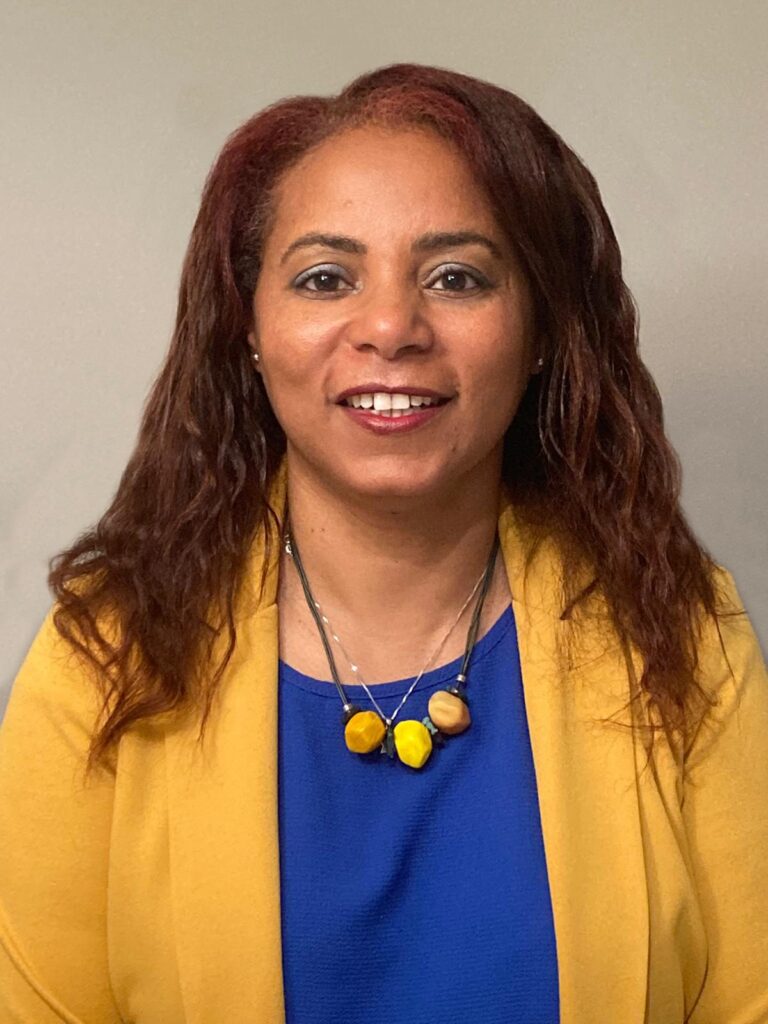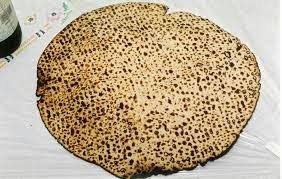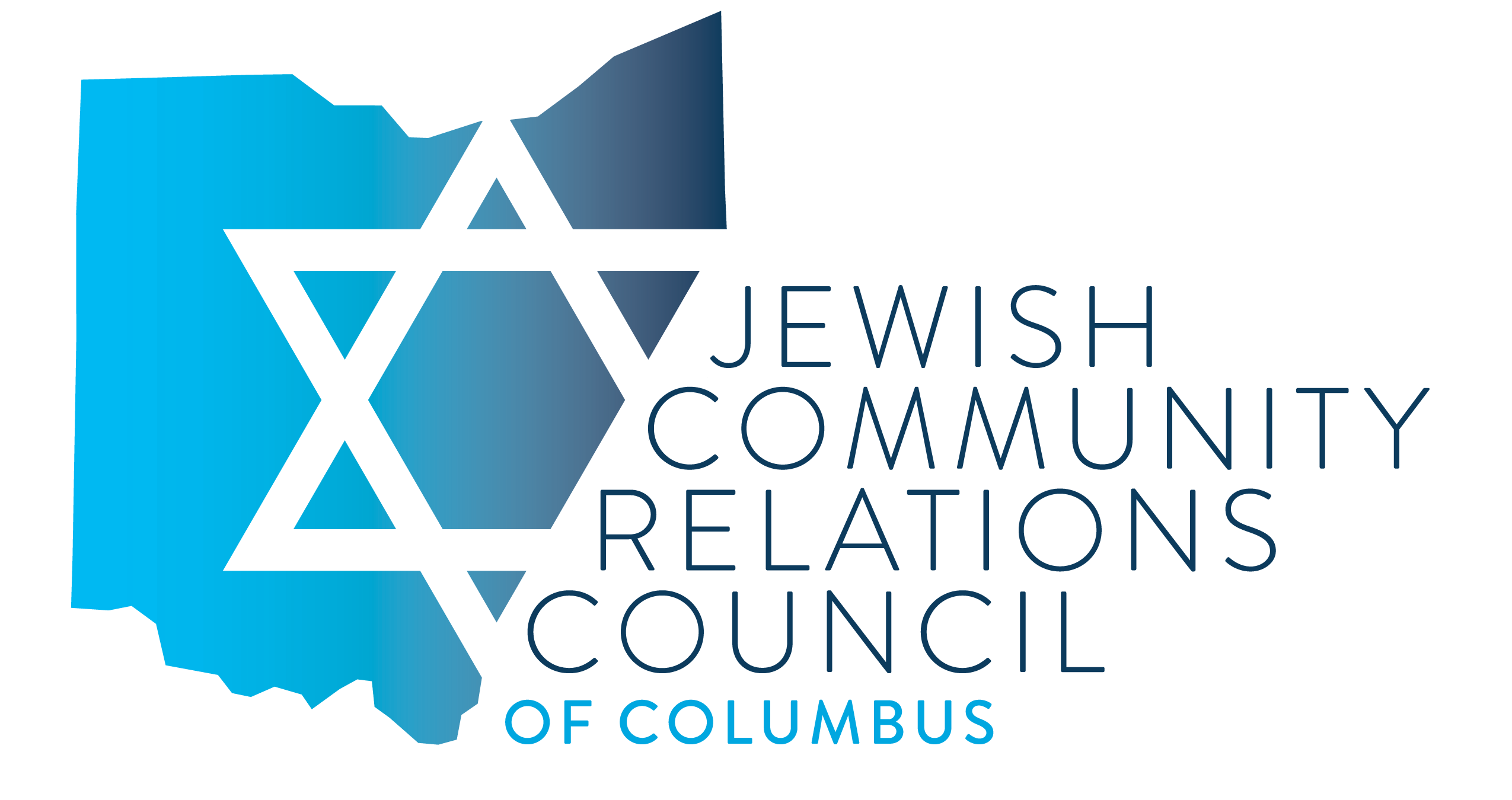By Michal Avera Samuel
Senior Community Shlicha, JewishColumbus

This year, as we celebrate Pesach in Columbus, it feels as if it is my third Exodus. Of course, the first Exodus is the original Passover story of the Jews leaving Egypt; however, the second Exodus is my family’s story – our journey from Ethiopia to Sudan to Jerusalem. And finally, leaving Israel for Columbus (in the middle of a pandemic!) almost feels like a third Exodus because of the herculean efforts it took to navigate complicated international travel logistics.
Celebrating Passover in Columbus feels different for my family and me because we are in a new city and country. Being here and seeing how Passover is celebrated in the States makes me reflect on how my family celebrated the holiday in our small village in Ethiopia.
For 1,500 years, Ethiopian Jews kept Pesach, passing the tradition down from generation to generation, mi dor l’dor. I remember our Passover traditions vividly, especially the preparations, which began many months before the actual holiday. My father was a farmer and grew wheat, from which the Matzah was made. As a little girl, I recall how carefully my father examined the wheat in order to make sure that only the best was used for the Matzah. Before storing the wheat in large bags and setting them aside, we checked to make sure the crop didn’t get wet; for, if it did, it would rise and not be considered Kosher.
In Ethiopia, making one piece of Matzah was a job for three women… literally! The first woman took the wheat flour, quickly adding the water, and the second woman kneaded the dough to shape the Matzah. Finally, the third woman baked it in the oven, carefully timing it so it wasn’t Hametz. Together, these three women made all the Matzah for the 40-50 families living in our village.
My mother also started preparing several months before the holiday. Using fresh clay, she made an entirely new set of dishes. We kids had the job of breaking all the old dishes, which we thought was exciting and fun! We also loved the communal celebration – gathering in our synagogue with our new dishes in hand.

On Erev Pesach, everyone in the village came to the synagogue dressed in white. The Kes – the Ethiopian Rabbi – read to us from the Torah and explained in Amaharic how we should celebrate the holiday: by sacrificing a white lamb (gadi lavan), as directed in the Torah; by singing the brachot and zimirot; by joyfully eating together; and, of course, by ending the seder with L’shana habah b’yerushaliyim, as it was our greatest dream to live in Eretz Israel, in Yerusalem (Jerusalem in Amharic) with our fellow Jews.
It has been many years since we left Ethiopia, but I will never forget my family’s journey; it is a memory permanently etched into my consciousness, as it must be for many other Ethiopian Jews who made Aliya to Israel.
The story of the Exodus is a timeless one, passing from generation to generation, shaping and changing with each community, family and person. Our family’s story is small thread in the colorful tapestry of the Jewish people, and no doubt, it will become all the more vibrant from our experiences here in Columbus.
My family and I are honored to celebrate with the Columbus Jewish community, and we wish you all a happy Passover.


